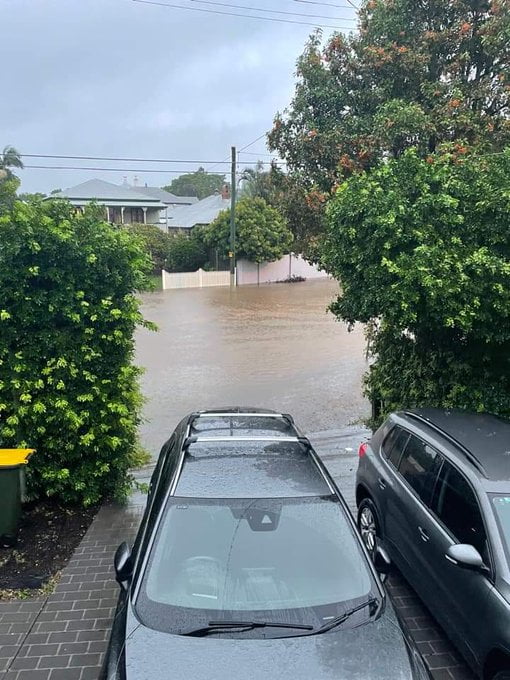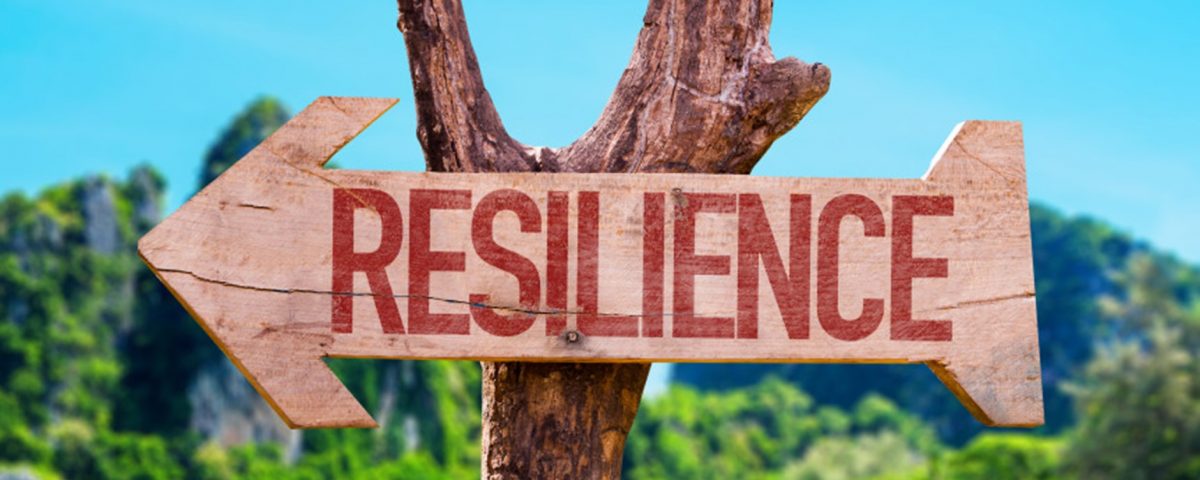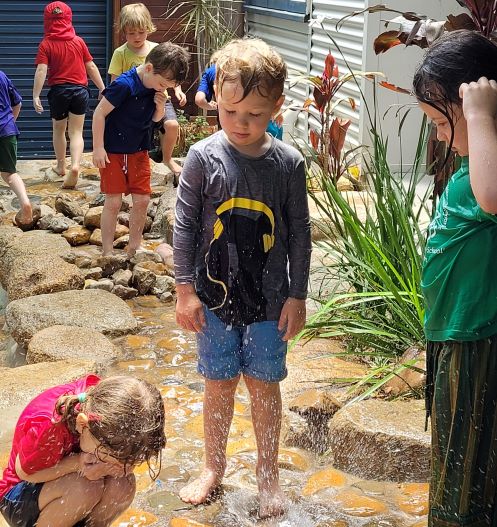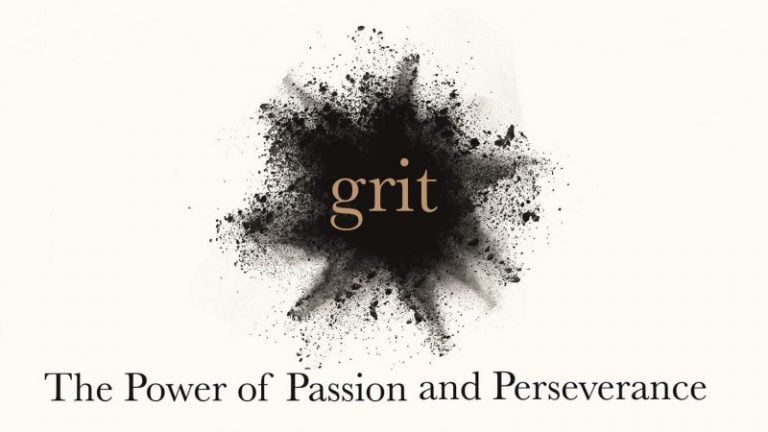
The water came up and up and up and we had to get out!
March 3, 2022
Acceptance
May 12, 2022Many people are already working and living at a heightened level due to the Pandemic. Then there’s the war in Ukraine. Throw in another disaster like a flood and it’s not surprising that so many people are completely overwhelmed and experiencing an enormous range of reactions and emotions.
It’s great to be reassured that research seems to indicate that most people will recover without the need for professional help and only a small number of people’s well-being and mental health will be impacted in the longer term.
However, when too many crises or disasters, come rolling your way, it’s not surprising to hear responses that clearly indicate they literally can’t take any more. As a friend and colleague has said to me in relation to what seems like a never-ending series of crises, “I’ve learnt that lesson, I don’t need another one! I am already resilient!”
I have wondered if the next crisis will tip her over the edge. Is there a limit to resilience? The cumulative effect of experiencing multiple disasters influences our feelings of safety, security, and even hope for the future.
I suggest that there would be very few people who haven’t experienced at least one moment of shock, disbelief, fear, anxiety, or loss of hope over the last two years. Who could have imagined the current world only a couple of years ago?
For many kindy children, this is all they know as they would have been too young to remember their life prior to 2020. Reminders of the extreme changes we’ve all experienced also come from older children with questions such as “What did you do mummy when you were a child in a pandemic?”
How do we adapt when faced with a challenge?
- Little adjustments in the way we think about challenges/crises/disaster.
- Being always mindful about leaving what you can’t change and focus on adjusting what you can.
- Appreciate a small moment of joy.
- Know that the crazy roller-coaster of emotions may lead to post-traumatic growth.
I think that one of the greatest steps in building resilience when there is nothing left in the tank is compassion, especially self-compassion.
Recognise that you need help. Live in the moment. Take baby steps. Reach out. Get out in nature. Take a moment for you!
For further references and support:
60,000 disaster victims speak: Part II. Summary and implications of the disaster mental health research – PubMed (nih.gov)
Anxiety, depression and suicide prevention support – Beyond Blue





